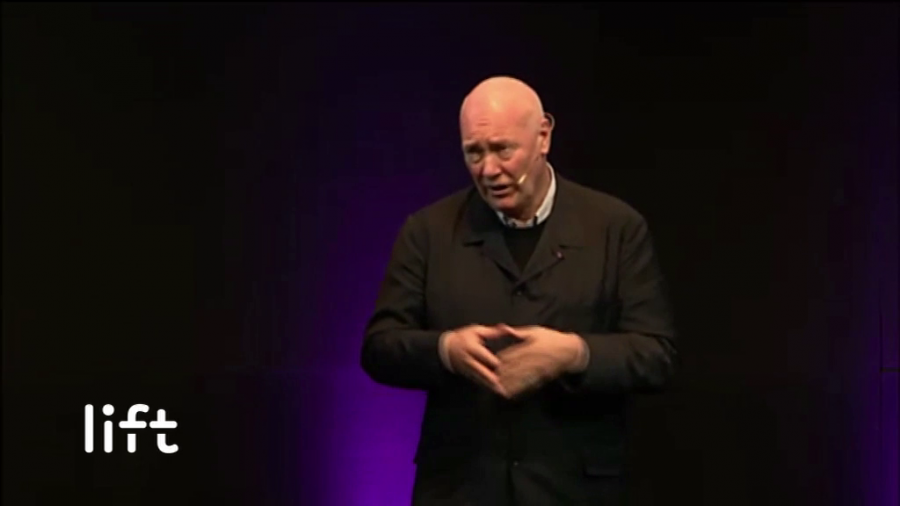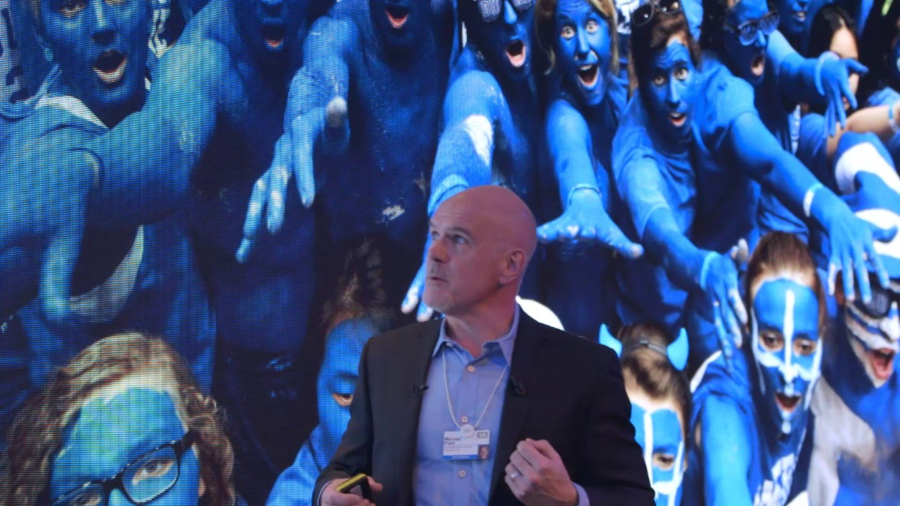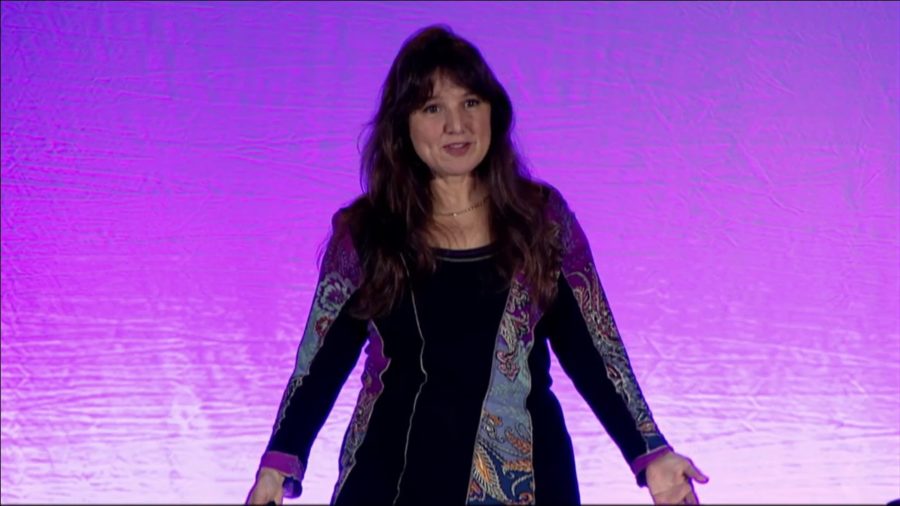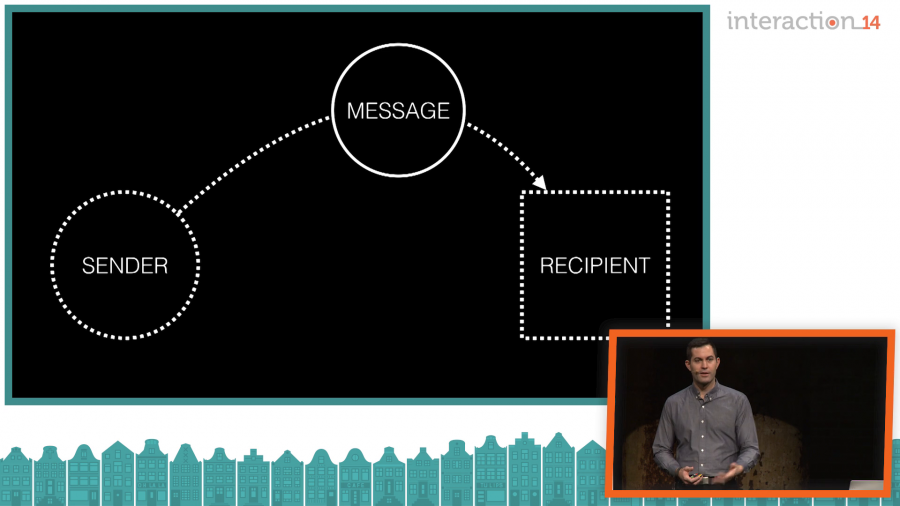It’s wonderful to be here in Davos sharing our commitment to improving the state of the world. And the recipe is really I think quite simple. All you’ve got to do is grow the economy, increase participation in that economy, within a rapidly-changing world, with increasing automation and technology, on a planet that’s straining to meet our resource needs. Piece of cake, right?
Archive

The Internet meme framework is a useful way to understand a certain range of object production, a certain sort of informal production that combines networked modes of production similar to shanzhai or the hat printing, with the global reach of the Internet and global shipping services as well. The ability to move bits and atoms with just as much ease and efficiency.
I became tired of knocking on the same doors and either seeing the same people or different people. But I really just felt like I was in this cycle of faux liberation, where I would feel a victory, and the victory was probably formed around the RFP for the grant that we needed to get in order to do our work.

I’m going to argue today that even while we know post-truth politics is having a terrible effect on our political culture and our role as citizens, it’s curiously difficult to combat it because of a set of beliefs about what politics is, and about the Internet and the way it enables ordinary people to have a voice. And these beliefs intersect with a prevailing anti-intellectual anti-elitism which associates knowledge, discernment, and truth with snobbery and power.
What’s key…is that we all need to work together. There’s no way for all of us to know about each other. We’re in that part of this new way of being that there’s too many players. It’s too chaotic. There is no center, there is no hub. But we need to find ways to work together, and to lose the idea that any one of us is the solution. Because if any one of us were the solution, we wouldn’t be where we are now.

Whenever you are the first and different and unique, you cannot be wrong. You will win. And these three commands are the commands of my company. Of course we make watches, but we don’t care about watches. We especially don’t care because nobody buys a watch to read what time it is.



